Survivors file lawsuits as Child Victims Act goes into effect, but how many more to come remains unknown
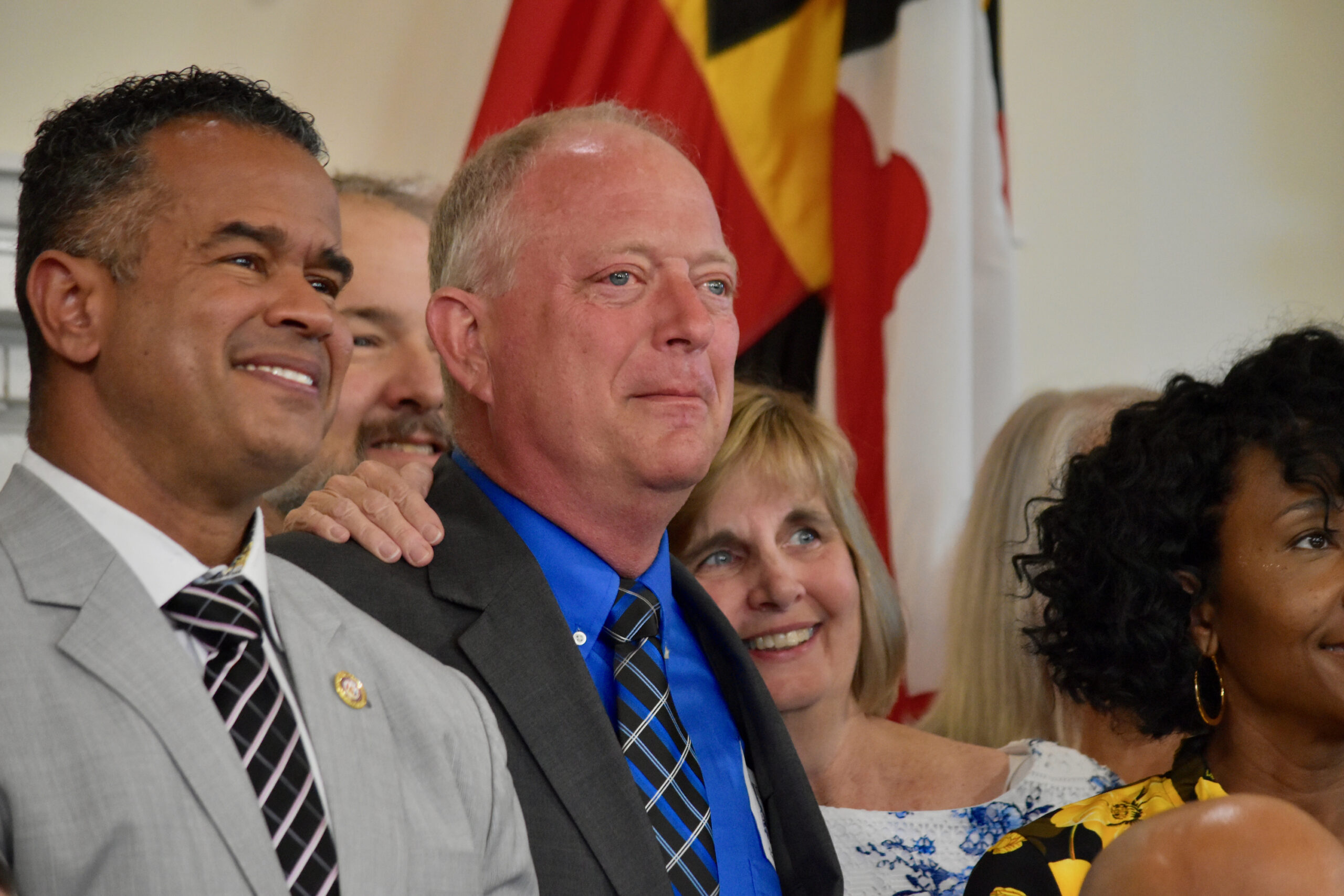
With Maryland’s Child Victims Act in effect since Sunday, lawsuits have already been filed in courthouses throughout the state — including some high-profile cases against the Roman Catholic Church and state of Maryland.
But how many more will come remains unknown. When other states set aside time limits — permanently or for brief timeframes — hundreds and sometimes thousands of cases seeking delayed justice were filed in state courts.
In a series of cases filed in Maryland this week, approximately 50 people detailed sexual abuse and assaults they say occurred while they were in the care of the state’s juvenile justice system. The suits against the state also name the state’s health department because it oversaw and managed care of some of the children between 1969 to 1987.
According to court documents, most of which were filed under the pseudonyms John Doe or Jane Doe, those individuals, who were then children, were raped, sodomized, assaulted and endured other physical and mental abuse. The youngest abuse victim was age 7, according to the documents.
In one case in 2006 at Cheltenham Youth Detention Facility in Prince George’s County, a juvenile was forced by a female worker to perform a sex act because “she wanted to change his mind about being gay.”
Four law firms are working on the complaints with 50 clients, now adults, who were housed as youths at six juvenile facilities in four counties.
Alexandra Walsh, one of the attorneys representing the survivors, said state and federal agencies conducted investigations that reported violence by staff against youth.
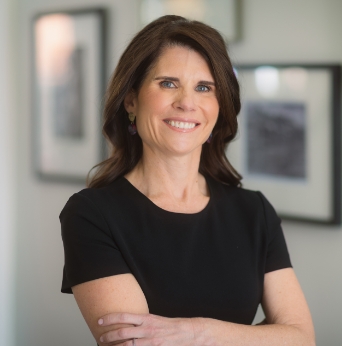
Alexandra Walsh, one of the attorneys representing child sexual abuse survivors. Courtesy photo.
“It was known that children were being extremely neglected and criminally abused…and [the agencies] simply did not take the steps that were required, demanded, that they should have taken to protect these children,” Walsh, who manages her own firm in Washington, D.C., said in an interview. “These are the kids who need the help of the state the most. But instead, just lock them up and they became prey for sexual predators.”
A spokesperson with the state Department of Juvenile Services said in an email Tuesday that the agency is reviewing the lawsuits with the state Office of the Attorney General.
“DJS takes allegations of sexual abuse of children in our care very seriously and we are working hard to provide decent, humane, and rehabilitative environments for youth committed to the Department,” spokesperson Eric Solomon said in an email.
Meanwhile, at least five additional cases appear to have been filed against various churches and parishes throughout the state since the act went into effect Sunday, according to a review of online court records.
A representative from the Maryland Judiciary didn’t respond to questions Tuesday about how many claims have been filed so far or how the state will handle an influx of cases if the number is large.
A lawsuit filed against the Archdiocese of Washington on Monday claims sex abuse against children in Maryland has been taking place for decades. In anticipation of lawsuits, the Archdiocese of Baltimore filed for Chapter 11 bankruptcy reorganization on Friday, ahead of the new law taking effect.
Earlier this year, the Maryland Office of the Attorney General released a 400-plus page report detailing years of “horrendous” abuse by clergy in the Baltimore Archdiocese.
As the report was being finalized, state lawmakers, led by Del. C.T. Wilson (D-Charles), a survivor of abuse, approved the Child Victims Act in March.
The bill, which lifts the statute of limitations for child sexual abuse claims in civil court, caps liability for public entities at $890,000.
It increases the liability limit to $1.5 million for claims against private institutions for non-economic damages such as pain and suffering. It also removes the cap for economic damages from the cost of services like medical treatment or therapy.
The overarching goal of the legislation: allow survivors to speak about their abuse in court.
Victims gathered Tuesday outside the U.S. District Courthouse in Baltimore as a hearing took place in the bankruptcy case, protesting the move, which essentially blocks any civil litigation under the act.
Archbishop William E. Lori of the Archdiocese of Baltimore issued a statement about the the decision to seek bankruptcy protection before the new law took effect.
“This journey has included many steps over the past three decades — from our zero-tolerance policies, extensive training and reporting requirements and pastoral care to voluntary settlements offered to victim-survivors and today’s action,” Lori wrote in a message on the Archdiocese website. “We steadfastly hope and pray those who have been harmed can find some peace in the light that has been shone on the Church’s sinful past, as well as solace through the pastoral care and financial compensation that we hope will be provided under the reorganization process.”
The archdiocese’s website notes it has 153 parishes and missions in nine counties and Baltimore. It also has a record of abusing more than 600 children, according to the report released in April by the attorney general’s office.
‘New opportunity’
Kathryn Robb, executive director of Child USAdvocacy in Philadelphia and a licensed attorney, said the Baltimore Archdiocese became the 35th Catholic organization in the nation to file for bankruptcy.
Robb, also a child sexual abuse survivor, traveled to Maryland this year to testify in support of the act.
“While the Baltimore Archdiocese does a mad sprint to the bankruptcy court, they are endangering the children of Maryland. They’re endangering the children to protect their pockets and they’re also harming survivors,” said Robb.
She said Tuesday’s bankruptcy hearing automatically stops civil proceedings until an agreement is reached between church representatives and plaintiffs’ attorneys.
Meanwhile, Robb said no discovery can take place. In other words, the two parties cannot exchange information and evidence.
“When we don’t have discovery about bad acting institutions, especially the Baltimore Archdiocese, and sexual predators that are out there, the children in the community are in harm’s way,” Robb said. “That’s the real danger.”
She said it remains unclear how many lawsuits will be filed under Maryland’s new law, which lifts previous statutory time limits to allow survivors to sue, at any time, their abusers, or organizations that harbored their abusers.
Maryland became the third state after Vermont and Maine remove time limits for people to file civil suits.
Robb said similar legislation is pending in Massachusetts and Rhode Island and is scheduled to be filed soon in New York.
Child USAdvocacy analyzed the number of civil lawsuits filed in various states and the U.S. territory of Guam which provided temporary “look back windows,” or brief openings of about two years, during which previously time-barred cases could be filed.
Slightly more than 600 lawsuits were filed in California during a lookback window between January 2020 and December 2022. Some of the groups sued were a municipality, schools and seven-day Adventists.
New York, with a population that exceeds 18 million, had the most recorded lawsuits with nearly 11,000 filed between August 2019 to August 2021.
“With a population like New York, that is relatively low,” Robb said. “Courts have done just fine, and they’re doing so to protect children and honor fundamental basic notions of justice.”
Several states passed measures to allow more survivors to file civil suits in courts, but still with a time limit.
The Arkansas state legislature passed a bill two years ago to extend the statute of limitations to report sexual abuse by age 21 to now age 55. The legislation also provides a two-year period for adults to file expired claims, but that must be done by January.
Back in Maryland, Walsh said the act will allow more lawsuits to be filed.
“With this new opportunity [for survivors] to come forward and tell their stories are motivated to do so,” she said. “Our group represents a large number of additional clients who will likely file a lawsuit. I know a lot of lawyers in Maryland who are helping survivors of sexual abuse as well.”

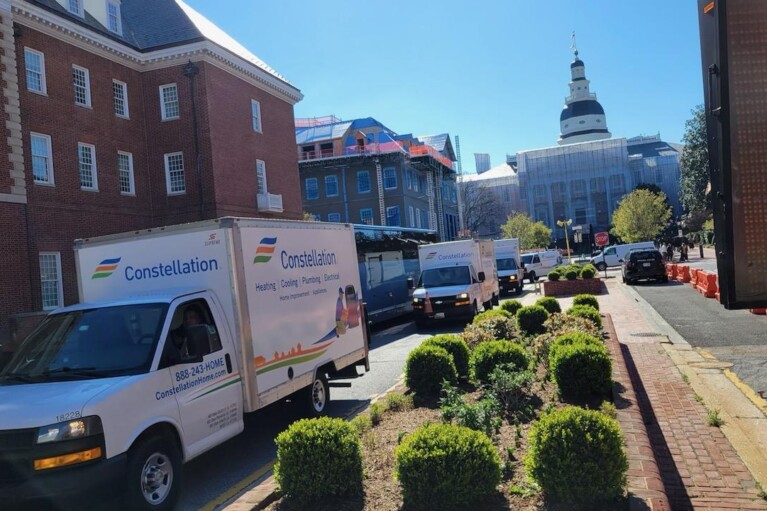
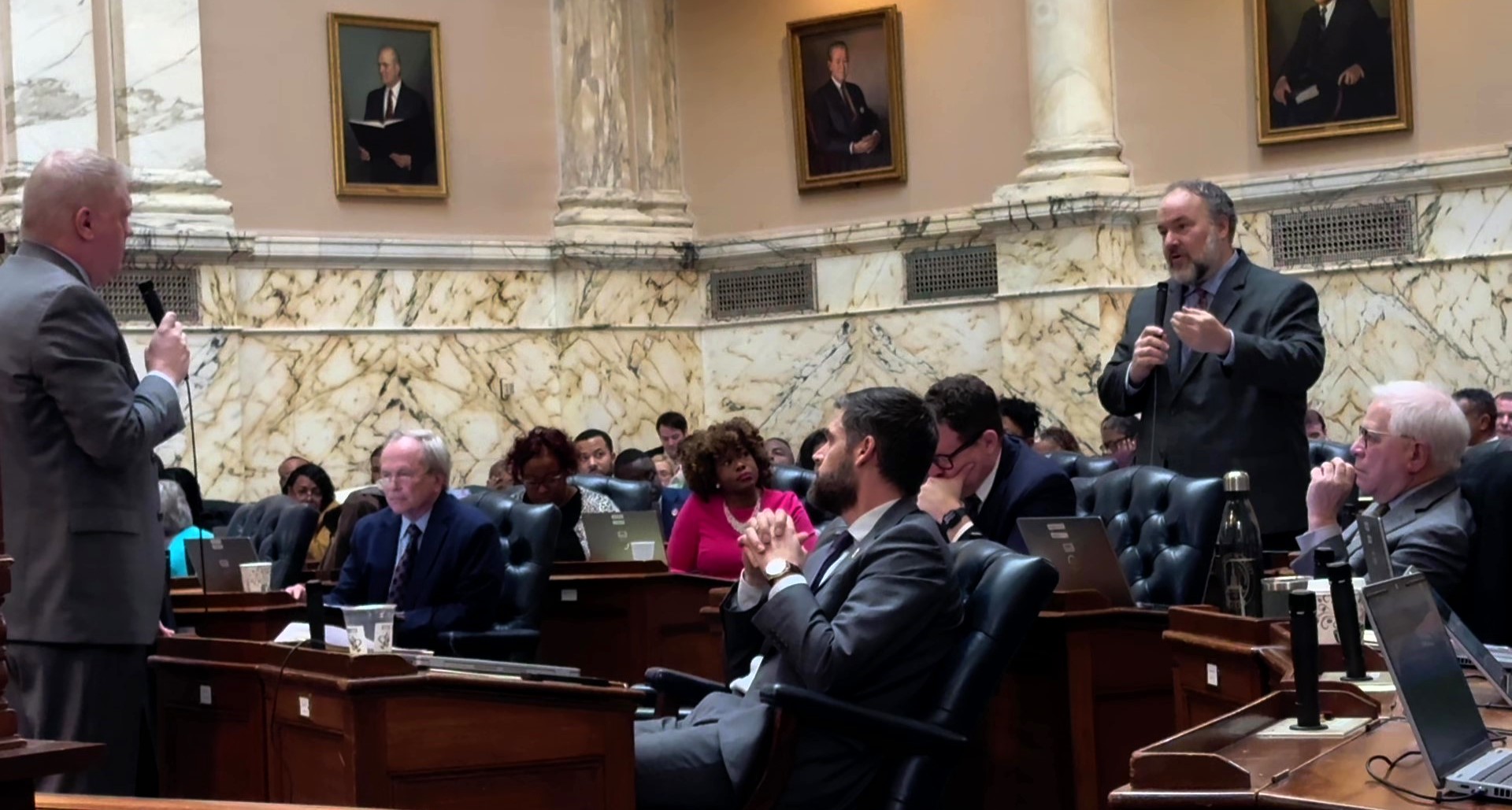
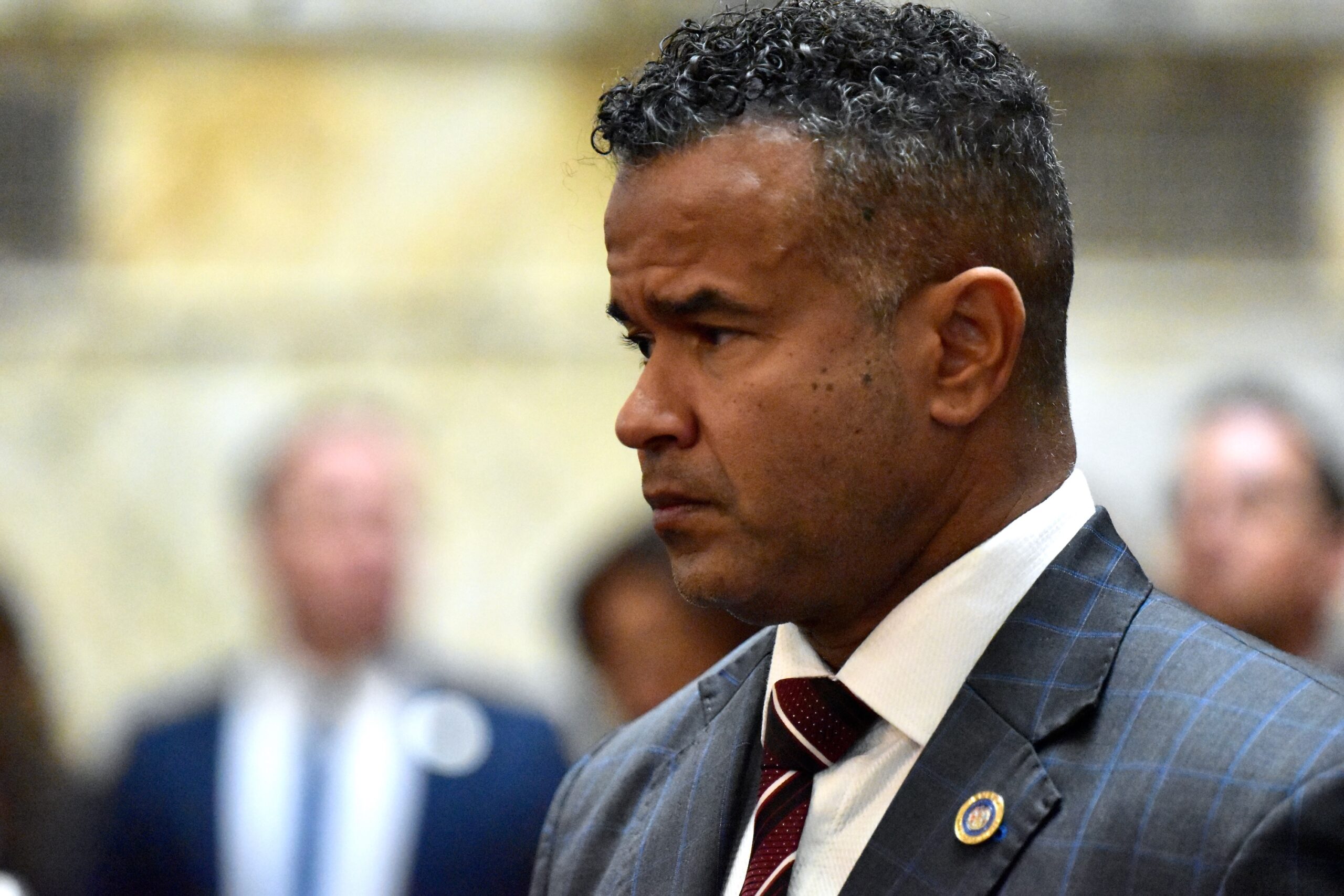
 Creative Commons Attribution
Creative Commons Attribution